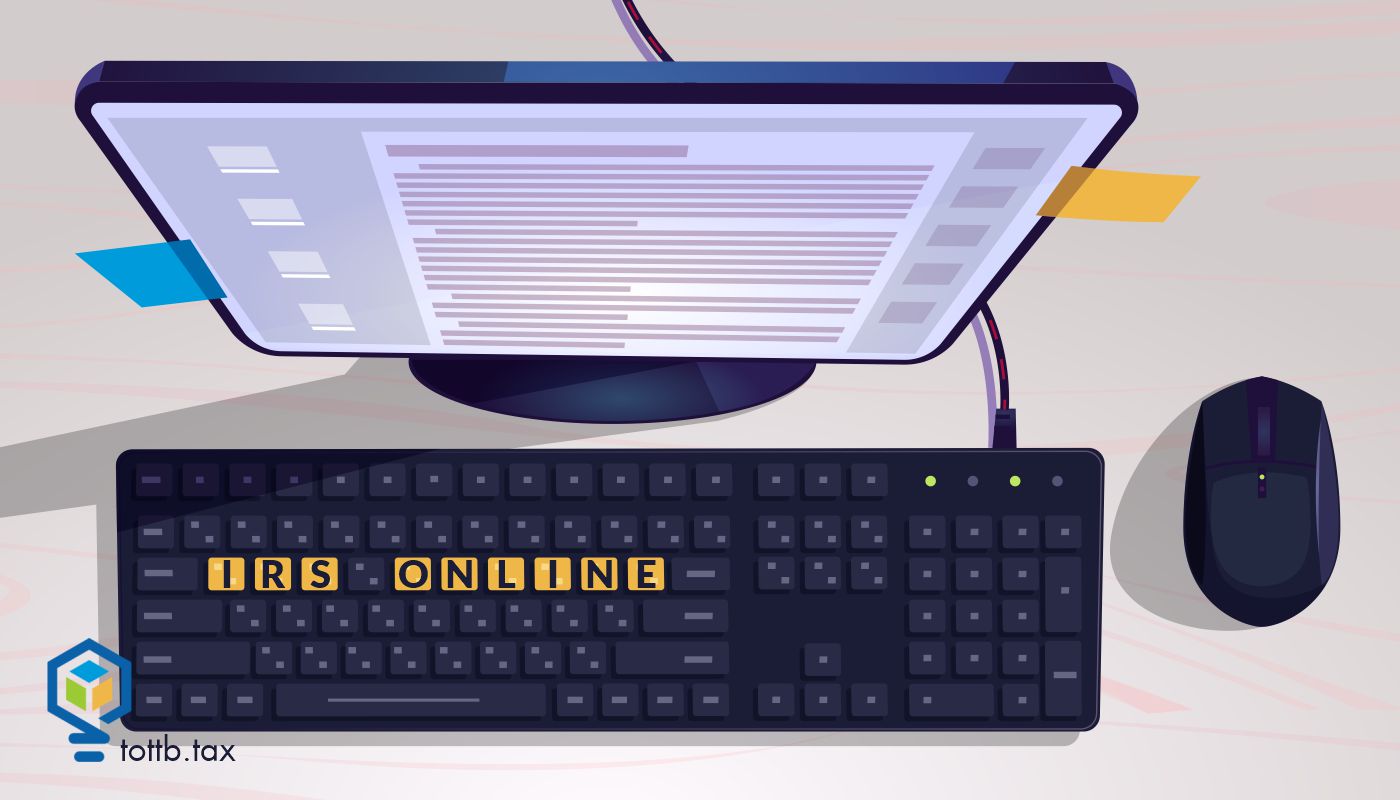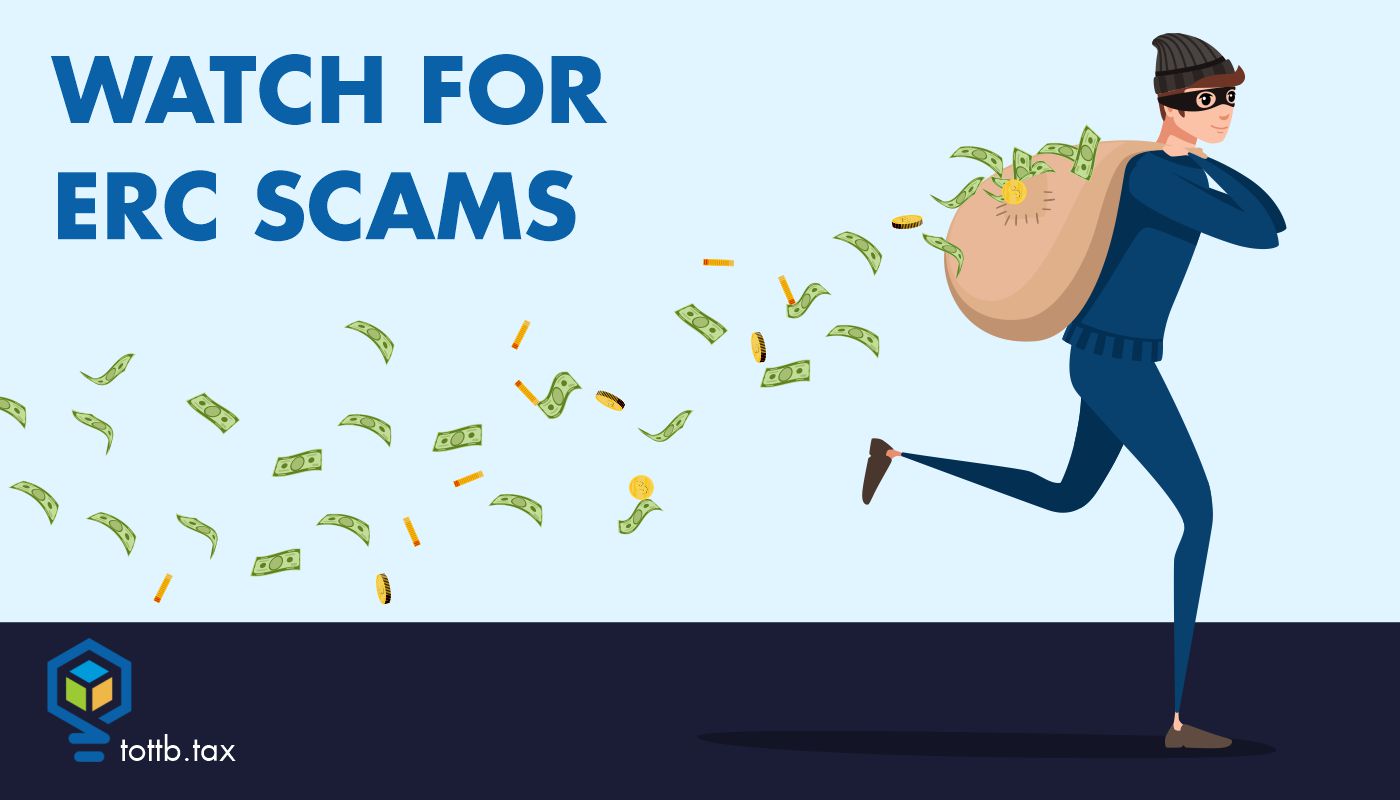Just Good Business – Curate Your Subscriptions
Do you ever feel like your inbox is out of control? Perhaps you even have more than one out of control inbox. Do you find yourself getting vapor-locked from information overload? Do you consider the phrase “inbox zero” and feel like it’s as achievable as driving to the moon?
It’s time to work on that. An uncurated collection isn’t a collection it’s a hoard, and an uncurated information library isn’t a library it’s a digital fire hazard. Digital clutter can be as detrimental to your professional life as physical clutter is to your personal life.
Before you start curating, however, I recommend giving some thought to how you want to go about it. For example, I have a work e-mail that is for clients to reach me that I only access when I am at my desk working.
In general, my work e-mail is not the e-mail to which my subscriptions are sent—not even the tax-related subscriptions. My work e-mail is for clients only (and a few colleagues). That way, if I want to read tax news when I’m not working, I’m not distracted by e-mails from clients.
At the same time, my tax news goes to a different inbox. My shopping ads go somewhere else as well. While I don’t recommend having one e-mail address for each type of communications, having a few different e-mail addresses (one for “work work”, one for work reading and networking, one for personal use and shopping) can help to create boundaries that will keep you from being distracted by work when you are trying to shop and vice versa.
Once you have your various inboxes set up (or not), it’s time to take a cold hard look at all of that digital clutter. Let’s face it, most of us don’t read the consumer disclosures when we sign up for something or use a business’ website.
Whenever you provide your e-mail address to a business or use their website your e-mail address is captured. Unfortunately, not only does the business with which you are transacting use that as consent to e-mail you, often the use disclosure includes authorization for the business to sell your data (either anonomized or not) to other businesses. That’s why when you order custom business swag from one company you are not only inundated with additional e-mail from that company but you start getting e-mail solicitations from businesses selling similar or complementary products and/or services.
The same thing happens when you register for continuing education classes, enter a drawing at an expo using your business card, or join a professional organization. You start getting e-mail solicitations from that company, but if, or when, that company monetizes their e-mail list, your e-mail address is included. Yay! (Can you sense my sarcasm?)
I read once that it takes an average of nine “touches” to convince a consumer to make a purchase. Unfortunately because e-mail is relatively inexpensive and easily automated, many retail businesses use it to make all of those touches. Between regular shopping, gift shopping, professional organizations, professional news, regular news, it’s really easy for the amount of e-mail into your various inboxes to get completely overwhelming in a short period of time. That’s why it’s just good business to spend some time once or twice a year curating your subscriptions!
If the thought of trimming down your subscriptions gives you FOMO, keep reading for some tips and tactics to make sure you still get important notifications while eliminating the excess.
Read More












